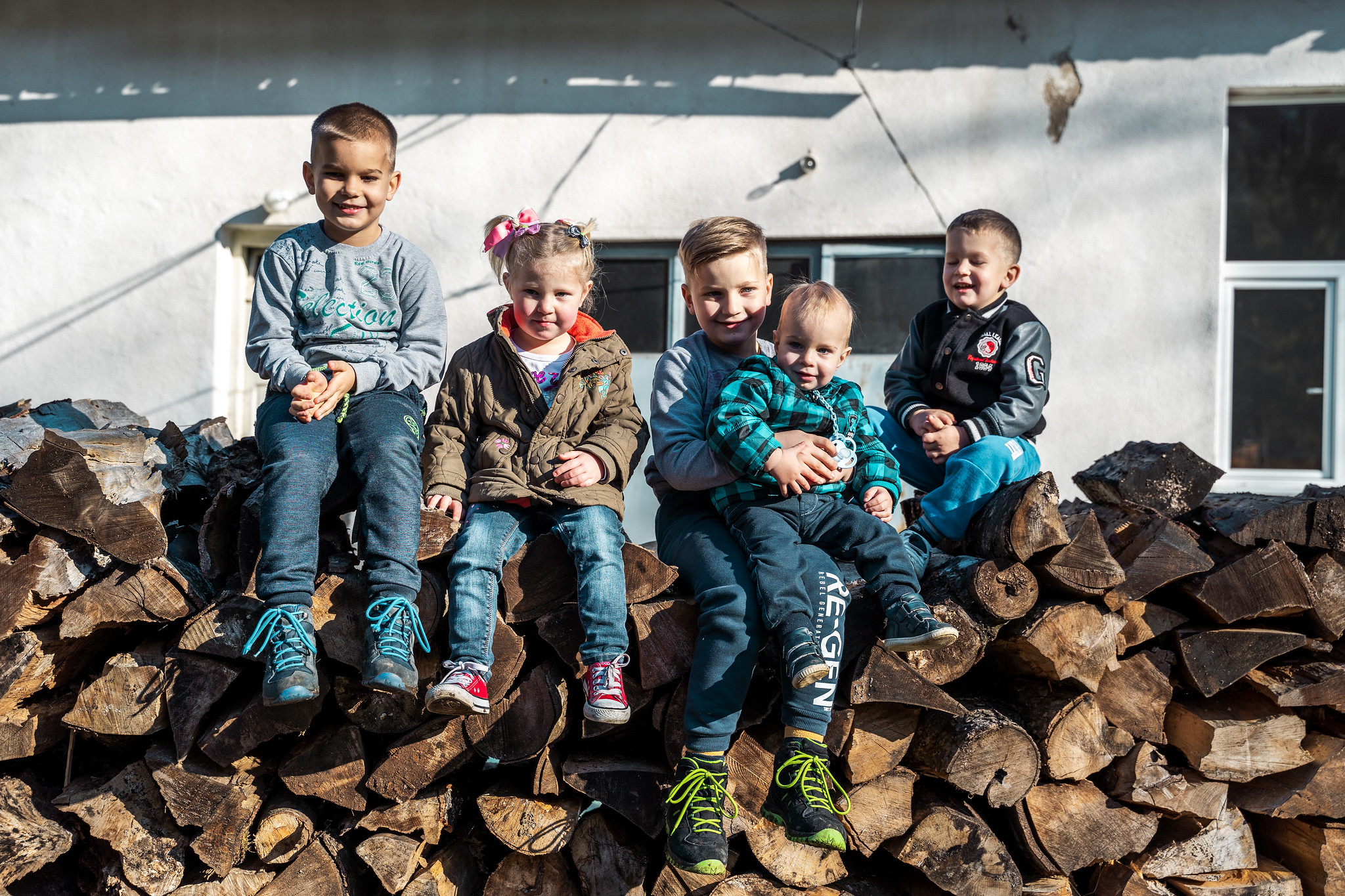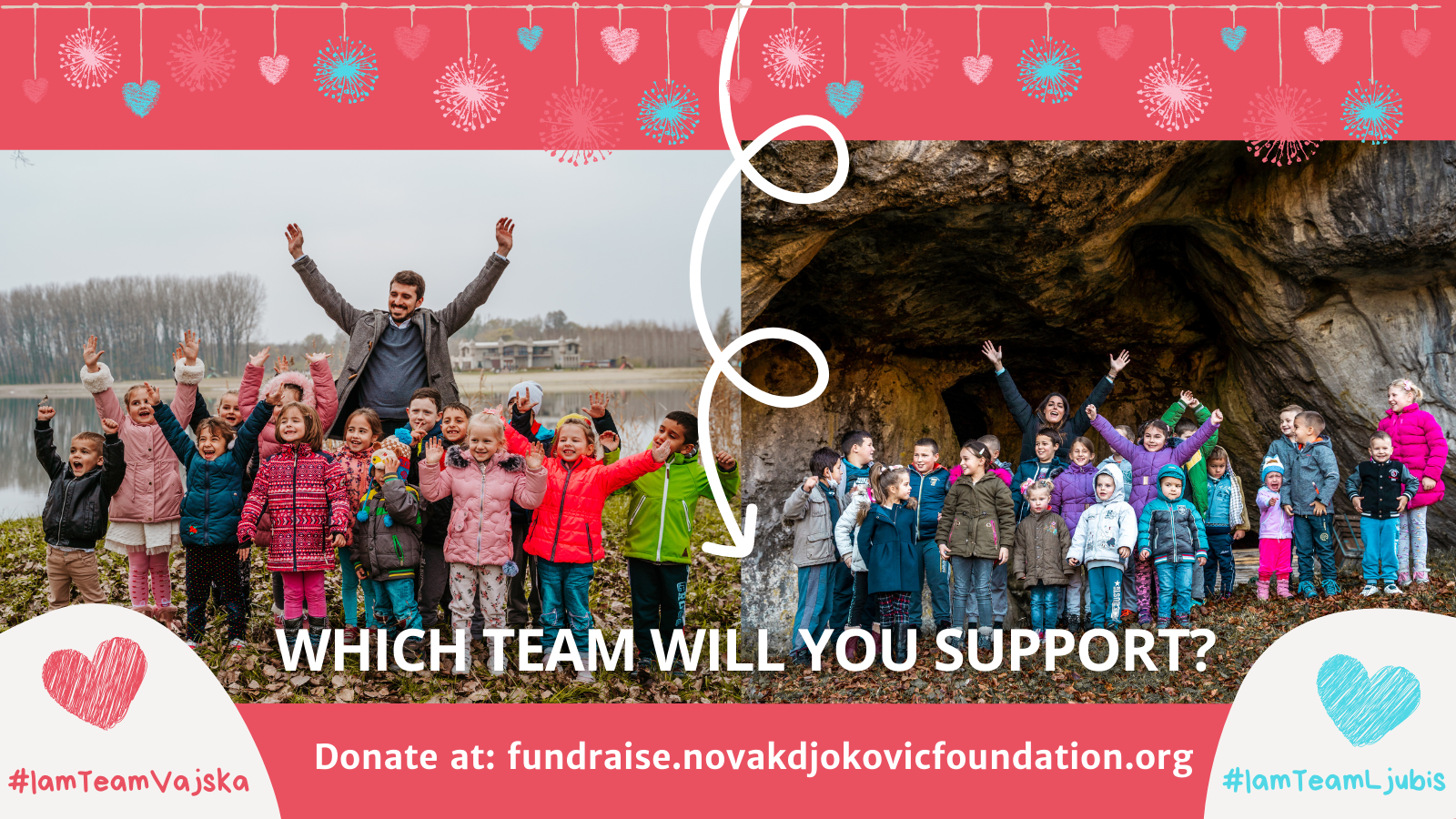For more than a decade, preschool education in Serbia has been recognized as an important factor necessary not only for the early development of children but also for solving the problem of poverty and exclusion from society. However, a large number of children are still not covered by preschool education. Did you know that only every other child in Serbia has access to quality early education?
Unfortunately, the majority of preschools in Serbia are in very bad infrastructural condition. They haven’t been renovated and adapted to children’s needs in a long time, and because of the bad financial situation in certain preschools, parents took it upon themselves to equip them. On the other hand, municipalities face various difficulties that disable them from investing in early childhood programs, leaving many villages in Serbia without any preschools. That is an additional motivation for families to move to the cities or abroad in search of better living conditions for their children.
Because of that, there is simply not enough place in preschools for every child in Serbia. A lot of our children miss the chance to play, learn and grow with their peers every day.

Preschool education in Serbia has been recognized as an important factor necessary not only for the early development of children but also for solving the problem of poverty and exclusion from society. However, many children still do not have access to preschools.
Here are 5 fundamental reasons why it is important for every child in Serbia to have access to preschool education:
1. Enthusiasm for life-long learning
Preschool education can improve children’s chances for success in later life. Investing in early interventions timed to take advantage of the crucial phases of brain development is necessary for all children. According to research, students who had learned much more in the early years were more likely to go to college than students with otherwise similar backgrounds. Students who learned more were also less likely to become single parents. As adults, they were more likely to be saving for retirement. Perhaps most striking, they were earning more.
2. Development of a child’s social and emotional skills
At that age, children slowly begin to understand what they are feeling, but they aren’t able to manage their emotions. Preschools provide children with the right stimulating environment where they can develop their social and emotional skills. They slowly shift from “parallel play” to playing together with their peers. They are motivated to learn how to cooperate, solve problems and share. Teachers teach them how to deal with conflict while also managing their emotions and controlling their impulses.
3. Preschools promote language and cognitive skills
Building a strong vocabulary in early childhood is a critical foundation for learning. At age 3, pre-schoolers typically know about 300 words. That expands to 1,500 words by age 4, and 2,500 words by age 5. In preschools, children have many opportunities where they can be introduced to new vocabulary: during play and snack time, by learning new songs, by listening to teachers read their favorite stories, etc. Teachers try to make feel children feel comfortable in conversation by provoking them with interesting questions, thus helping them stretch their language skills.
4. Preschool teachers nurture a child’s curiosity
While attachments to their parents are primary, young children can also benefit significantly from relationships with their preschool teachers. Teachers observe, ask questions and listen to children’s ideas. Then they create activities based on their interests which further boost their curiosity and imagination.
5. Early education boosts a child’s motor skills
Preschools provide several opportunities daily for children to run, climb, and play active games. Activities are offered to help children develop fine motor skills, such as threading beads or cutting with scissors. Children are also challenged through a variety of activities to build their hand-eye coordination and balance.
We are asking you to wake-up your team spirit and the heart of a champion you have inside! Join us on our mission to provide access to preschool education to every child in Serbia. Team Vajska or Team Ljubis – who will first open a new preschool? Choose your team right here and help us open more than 100 new preschool places for children in Serbia. Our founders, Novak and Jelena Djokovic, will match all of your donations!












